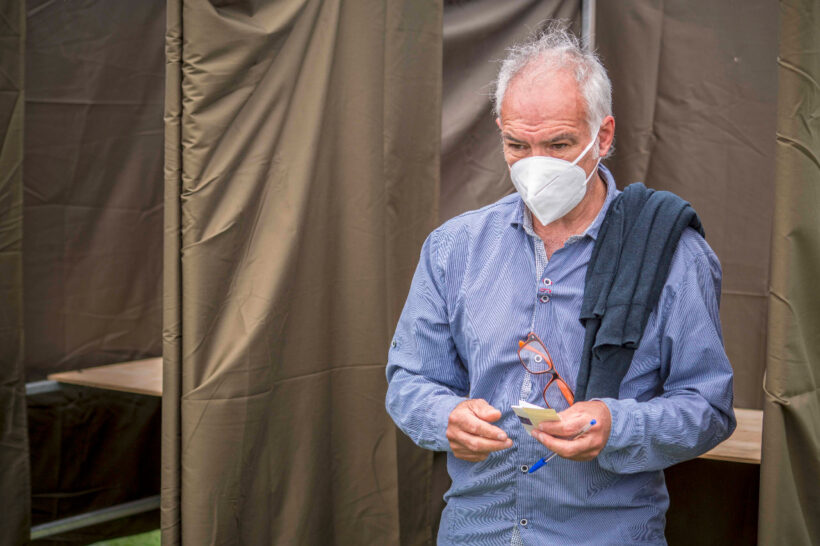The proposal for a new Constitution for Chile was rejected in the national Plebiscite held today, 4 September, with a compulsory vote – while all the last elections were by optional ballot.
While 78.27% of the voters had approved last October the possibility of a Constitutional Convention to draft a proposal for a new constitution for the country, the one that has been presented was rejected today by a resounding majority. With 98.44 percent of the polling stations counted, the results show 7,768,020 votes in favour of the Rejection – equivalent to 61.90 percent – while the Approve option received 4,780,706 votes, equivalent to 38.10 percent when more than 75 percent of Chilean men and women turned out to vote inside and outside the country, scoring more than 12 million votes.
Is it that the constitutional proposal was too advanced for the times? Was it too avant-garde, proposing gender parity, the rights of Nature, of the sentient beings with whom we share the territories, the seas? Is it that the plurinationality and the recognition of the rights of our native peoples arouse insurmountable resistance? Is it racism? And also, machismo? Is free education, for which we have fought so hard, free health care, and decent pensions, rejected? Are social rights no longer of interest to us?
Or is this electoral result a punishment by the political class who intervened excessively in this process, who wanted to channel the emerging forces through institutional channels right from the social awakening and then went ahead and reformed the text as they saw fit? Is it a punishment vote for the members of the Convention themselves and their missteps in this process? Or is it that the government has been associated with the option that received the least votes, being rated with a decreasing approval rating?
Is it that those who never vote have now come out with a resounding rejection of compulsory turnout and participation, expressing their total disinterest in politics?
Or have the conservative forces, which always slow down the process of change, actually removed it? Is it a mixture of individualism, neo-liberalism, and competition that is so rife in our society, ignorance, ignorance, fear?
The fact is that the process in favour of a more interesting evolution has slowed down and with this result here in Chile we will be trapped, perhaps postponing for several years the social changes that we need so much.
We will need to reflect calmly in order to understand what has happened properly and at its root. Without jumping to conclusions, we need to pay close attention to the motivations of those who rejected this innovative constitutional proposal, leaving the process of transformation on hold.












